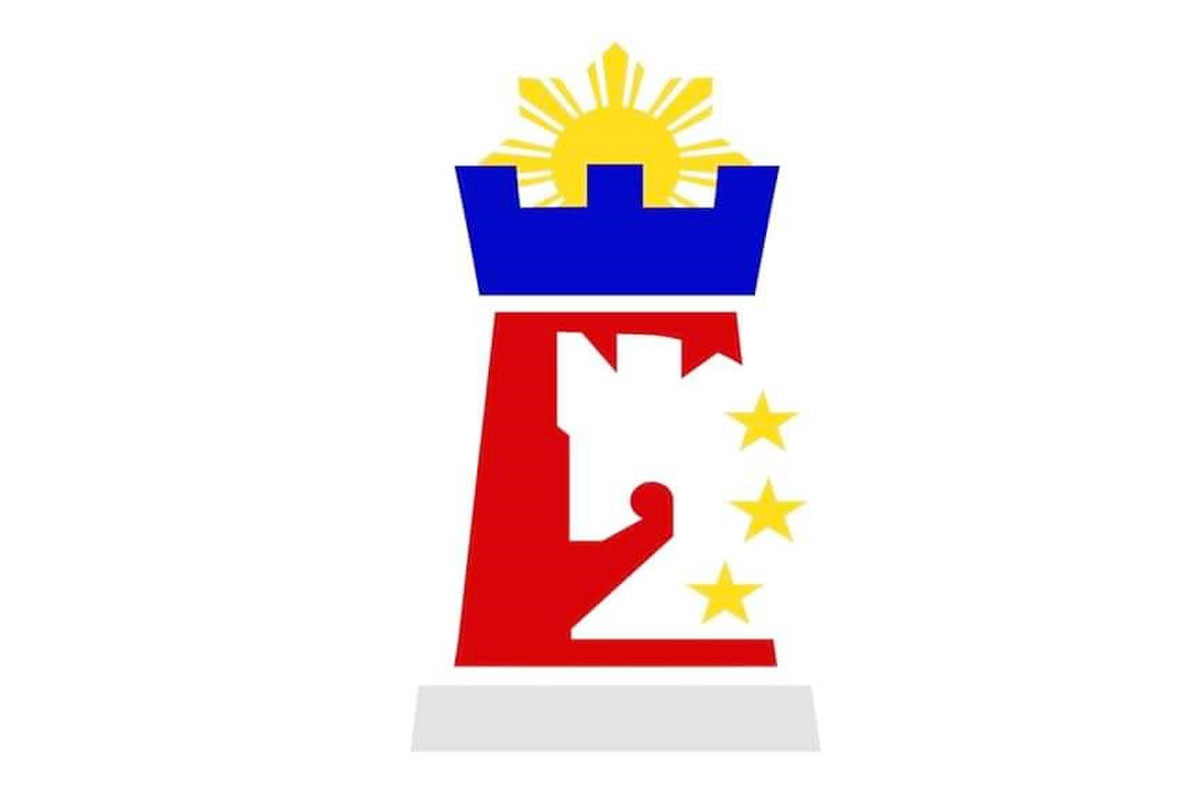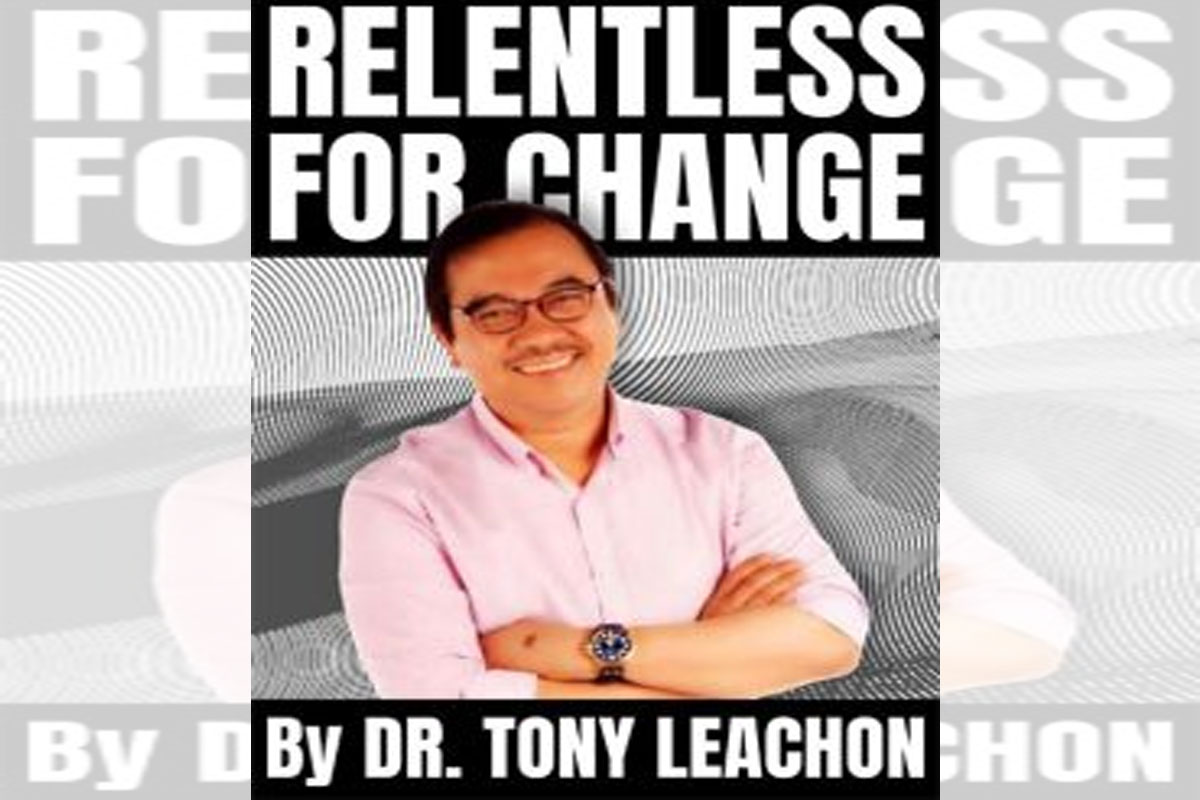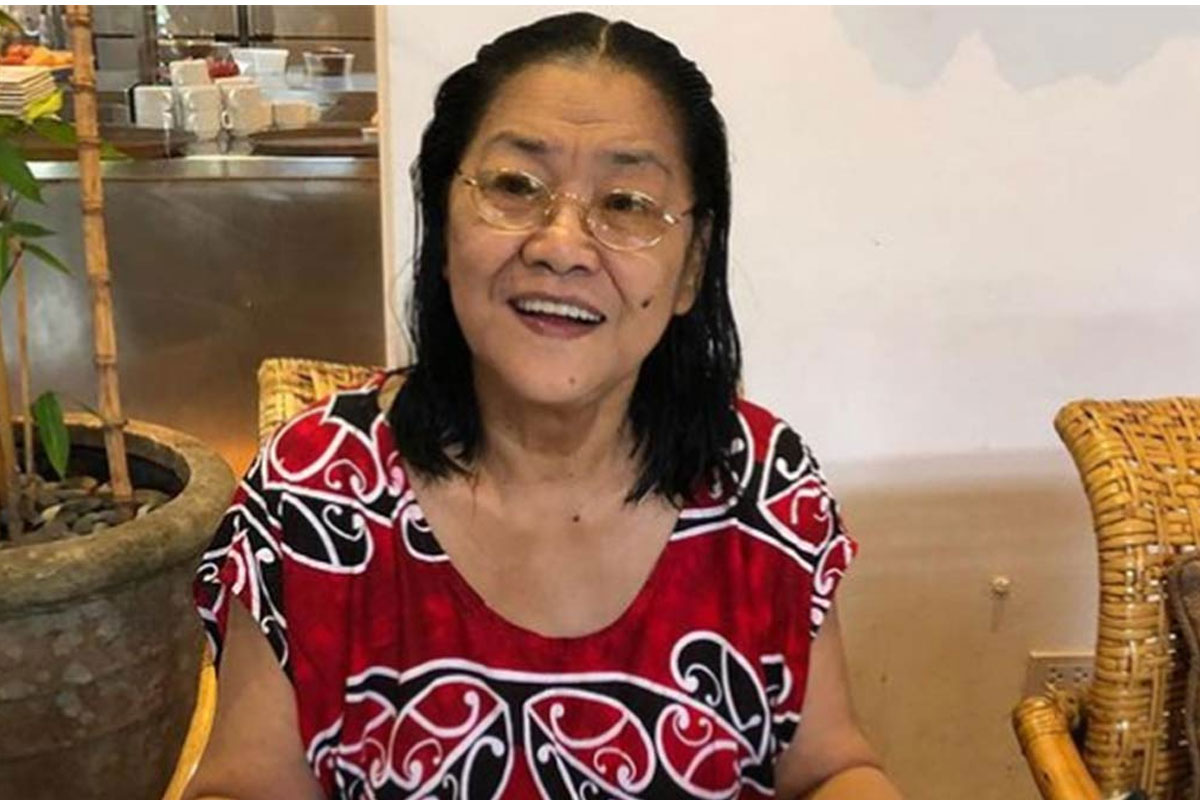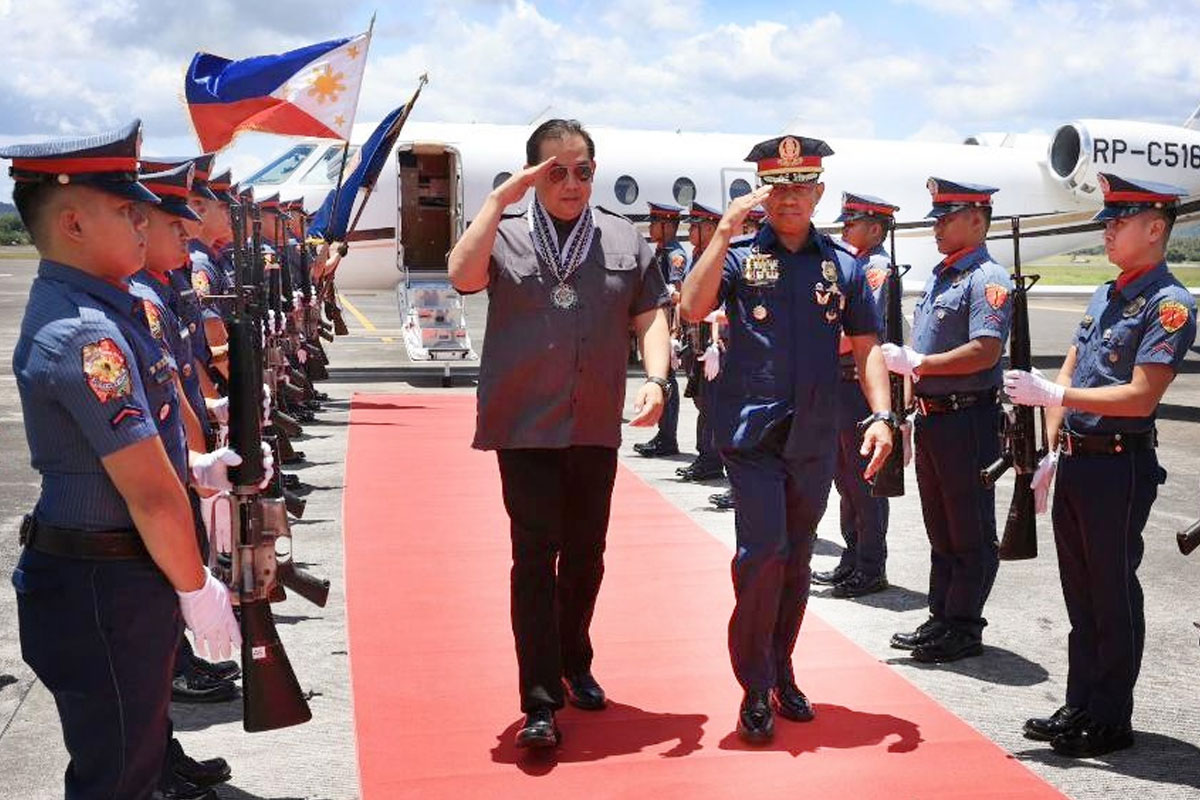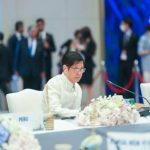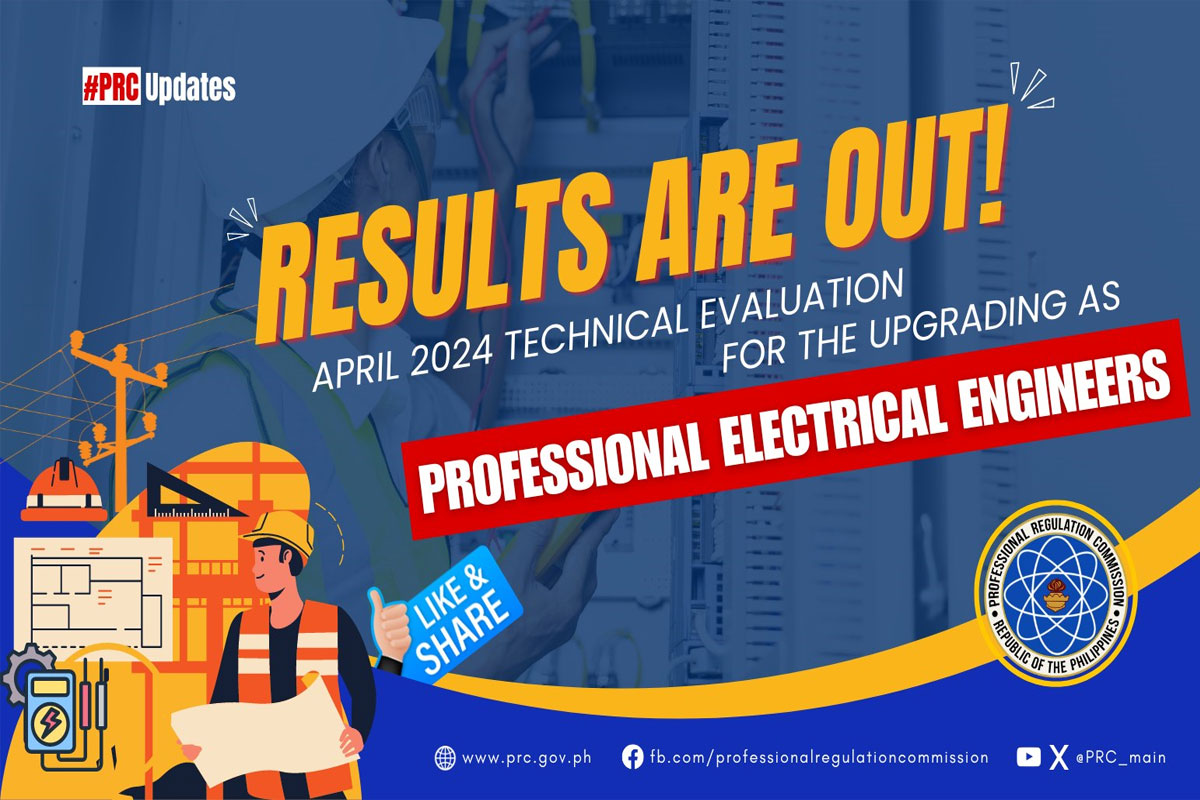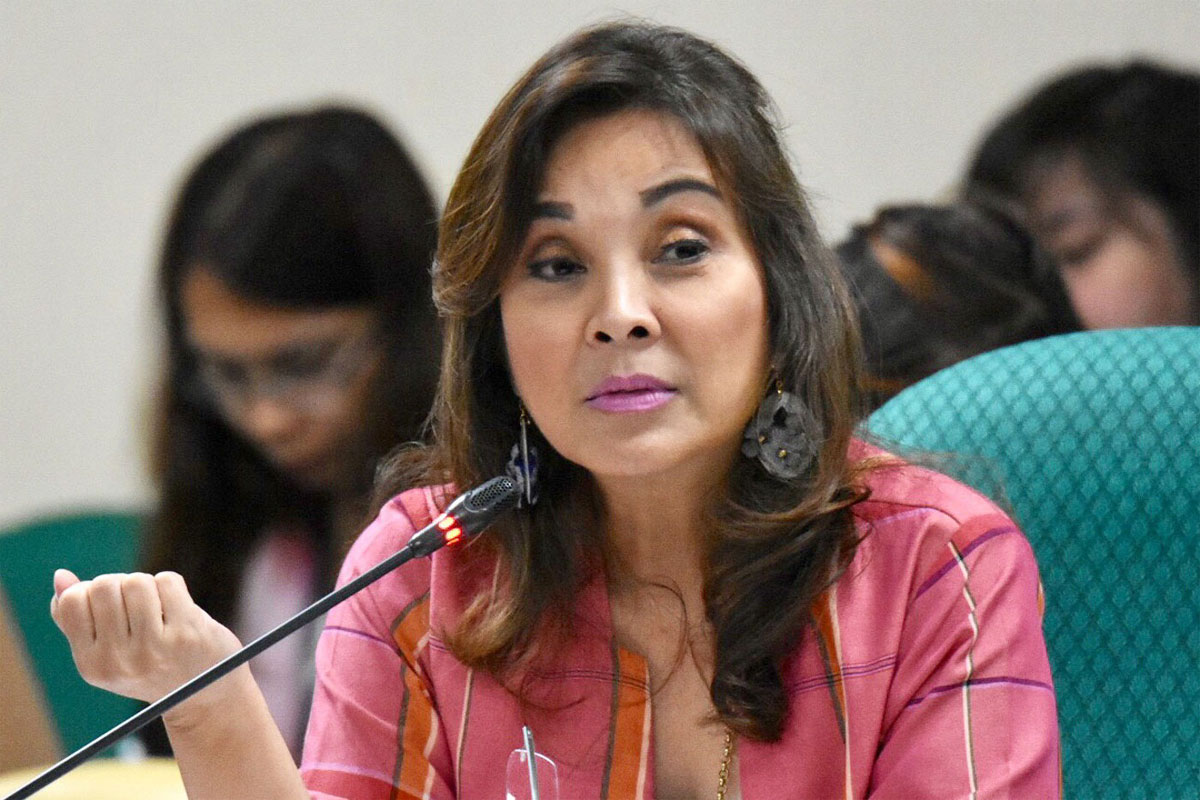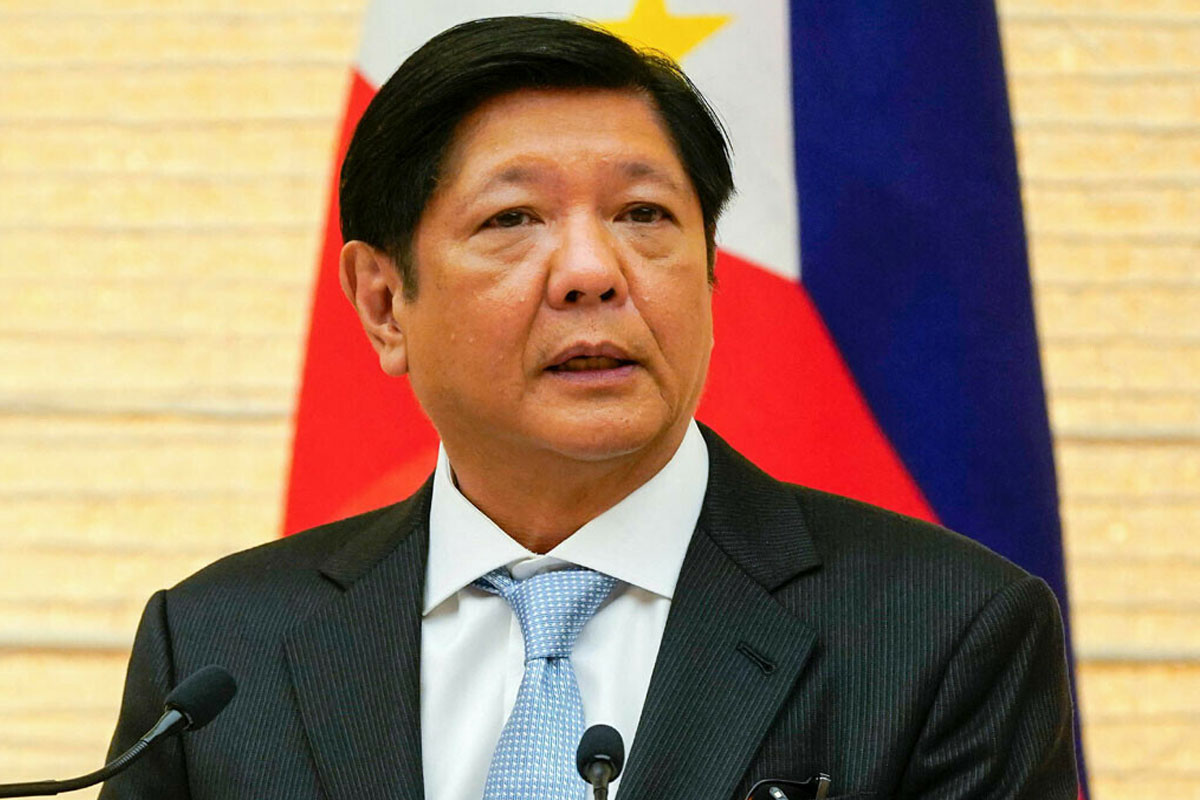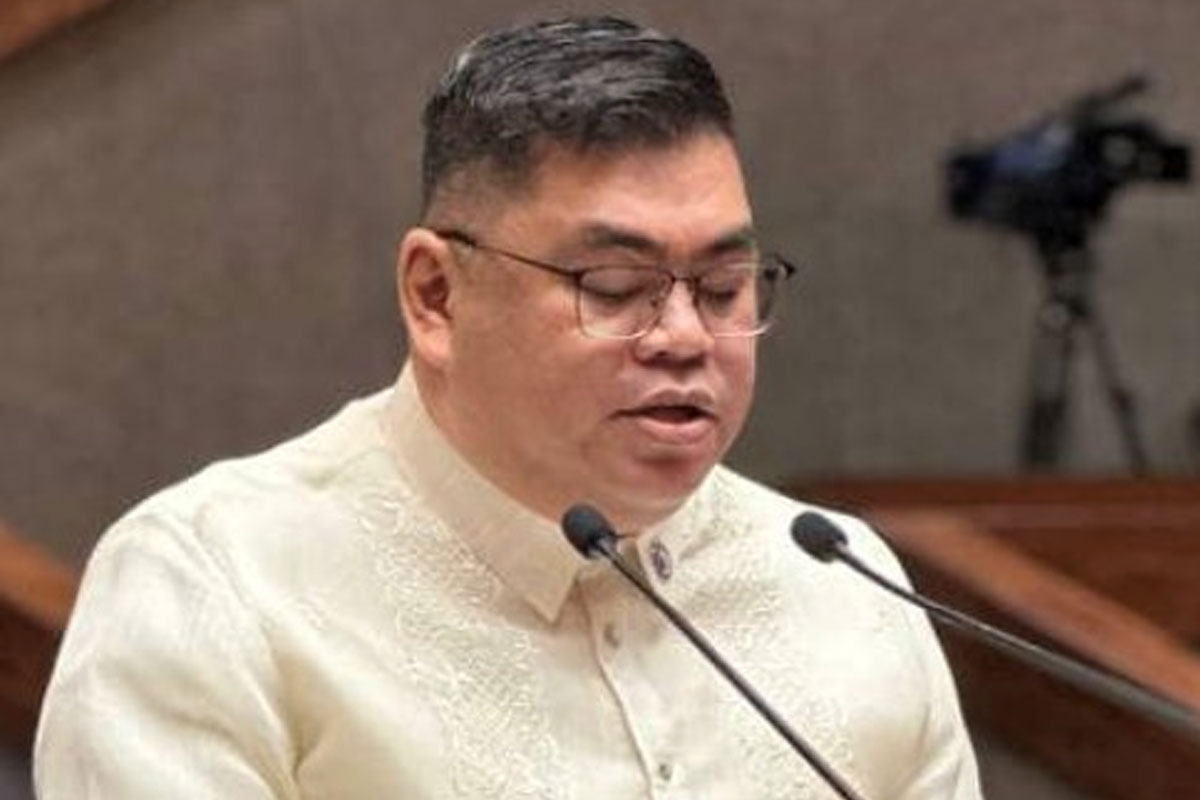
Villafuerte: PBBM champ of developing economies
PRESIDENT Ferdinand “Bongbong” R. Marcos’ resolute advocacy of urgent climate action on the international stage—from New York to Bangkok—has cast our Chief Executive, whether he likes or not, as the champion or point person of high-risk developing economies like the Philippines long seeking financial and technical aid from wealthy nations that have grown even richer from their largely unchecked greenhouse gas (GHG) emissions responsible for fast-rising global temperatures, according to Camarines Sur Rep. LRay Villafuerte.
Villafuerte noted that in his engagements at the just-concluded 29th Asia-Pacific Economic Cooperation (APEC) Economic Leaders’ Meeting (AELM) in Bangkok, Thailand, “Mr. Marcos had strongly pushed for collective action from APEC’s 21 member-states on dealing with three urgent issues to hasten global recovery from COVID-19, and one of these concerns is climate change.”
The two other issues raised by Mr. Marcos at the AELM, which, he said, APEC member-states needed to tackle collectively are on ensuring food security and upgrading the world’s health systems, said Villafuerte, who is president of the National Unity Party (NUP).
Villafuerte said that at the APEC Economic Leaders’ Meeting (AELM) Retreat Session, President Marcos had warned other heads of states that the world is now facing what he called “the greatest environmental challenges of all time” that require “strong, immediate and coordinated international action.”
At the APEC forum, he said Mr. Marcos had reiterated the Philippines’ commitment to advancing cooperative solutions from the previously agreed international accords on protecting the environment and reversing the climate crisis, including the United Nations (UN) Framework Convention on Climate Change (UNFCCC) of 1992 and the Paris Climate Accords (Paris Agreement) of 2015.
“As one of the economies at greatest risk from the climate crisis, the Philippines is committed to advancing these cooperative solutions,” said President Marcos at the APEC gathering of Asia-Pacific country leaders.
Villafuerte said that in the AELM Retreat Session II last Saturday, meanwhile, Mr. Marcos also urged the regional economic bloc to contribute to a trade and investment environment that helps countries cut GHG emissions, facilitate climate financing and ensure genuine and effective technology transfer for the most vulnerable developing economies.
For Villafuerte, Marcos “has the moral high ground to champion climate action for all developing states that are reeling from the largely unbridled pollution caused mainly by the world’s richest countries like the US (United States) and China, given that he is President of our country that is regarded as one of the nations, if not the No. 1 nation, most vulnerable to worsening climate change hazards like killer typhoons, flash floods and prolonged dry spells.”
Moreover, Mr. Marcos is the most ideal point person for the climate-action advocacy, he said, because rather than mope over the dismal failure of rich nations to come through on their pledge in 2009 to extend $100 billion-worth of annual financial aid by 2020 to developing states, “the Philippines, under President Marcos’ leadership, is pursuing a bold and ambitious agenda on climate action despite anemic financial support from the developed world for high-risk countries to cut their carbon footprint.”
Villafuerte was referring to Manila’s commitment, as bared by the Philippine delegation in last year’s UN Climate Change Conference (COP26) in Glasgow, Scotland to a projected greenhouse GHG emission reduction and avoidance of 75% over the 2020-2030 period for the agriculture, wastes, industry, transport and energy sectors.
The world’s heaviest polluters that have profited hugely from decades of GHG emissions have been under increasing pressure from developing countries and climate activists to abide by their pledge made at the 2015 Paris Agreement to reduce global warming to 2 degrees Celsius, or preferably 1.5 degree Celsius, of pre-industrialization levels in order to mitigate the deleterious effects on highly vulnerable economies like the Philippines of the erratic weather patterns caused by planet heating, Villafuerte said.
Villafuerte said that another plus for the Philippines being at the forefront of climate action under the Marcos presidency is the present government’s concrete steps on decarbonization, specifically on weaning the country away from the use of fossil fuel for energy generation in favor of renewables like solar and wind power, Villafuerte said.
He said that with climate change being—according to the President—“the most pressing existential challenge of our time,” Mr. Marcos said in his opening statement at the APEC CEO meeting in Bangkok that “the Philippines has prioritized hydrothermal, geothermal, solar power, wind power as well as other low-emission energy sources by setting a target for a 35% renewable energy in the power generation mix by 2030 and 50% by 2040.”





